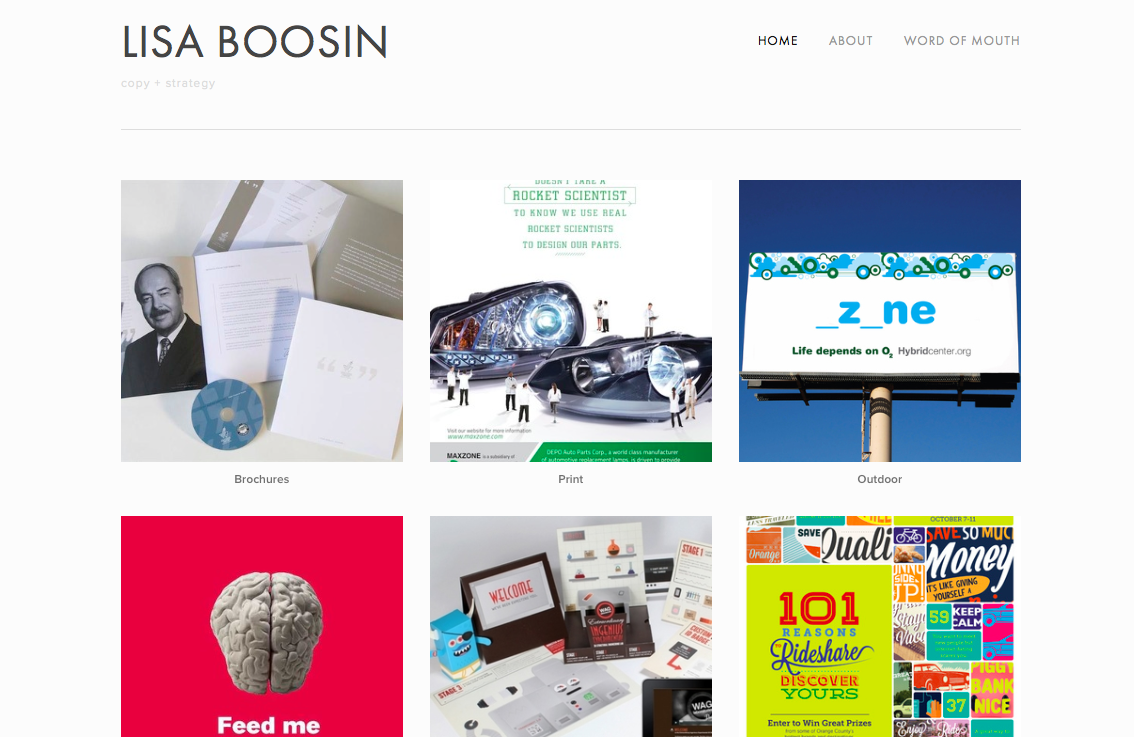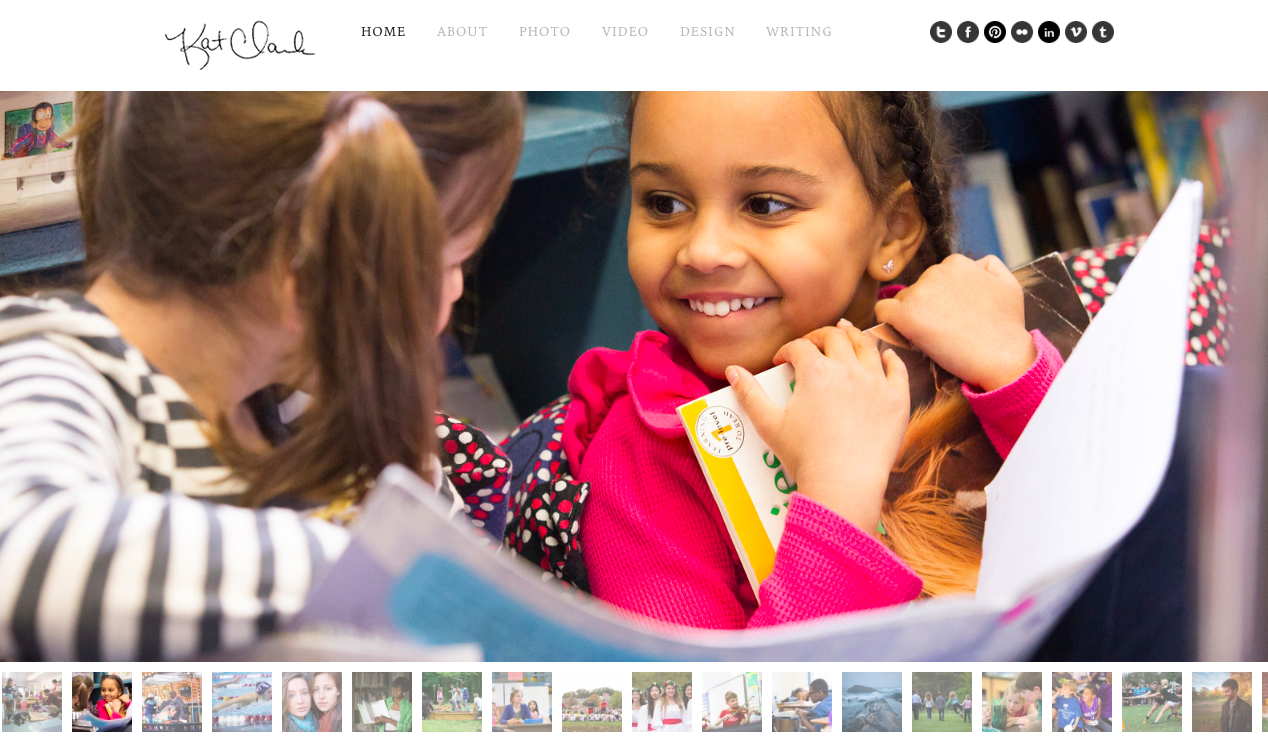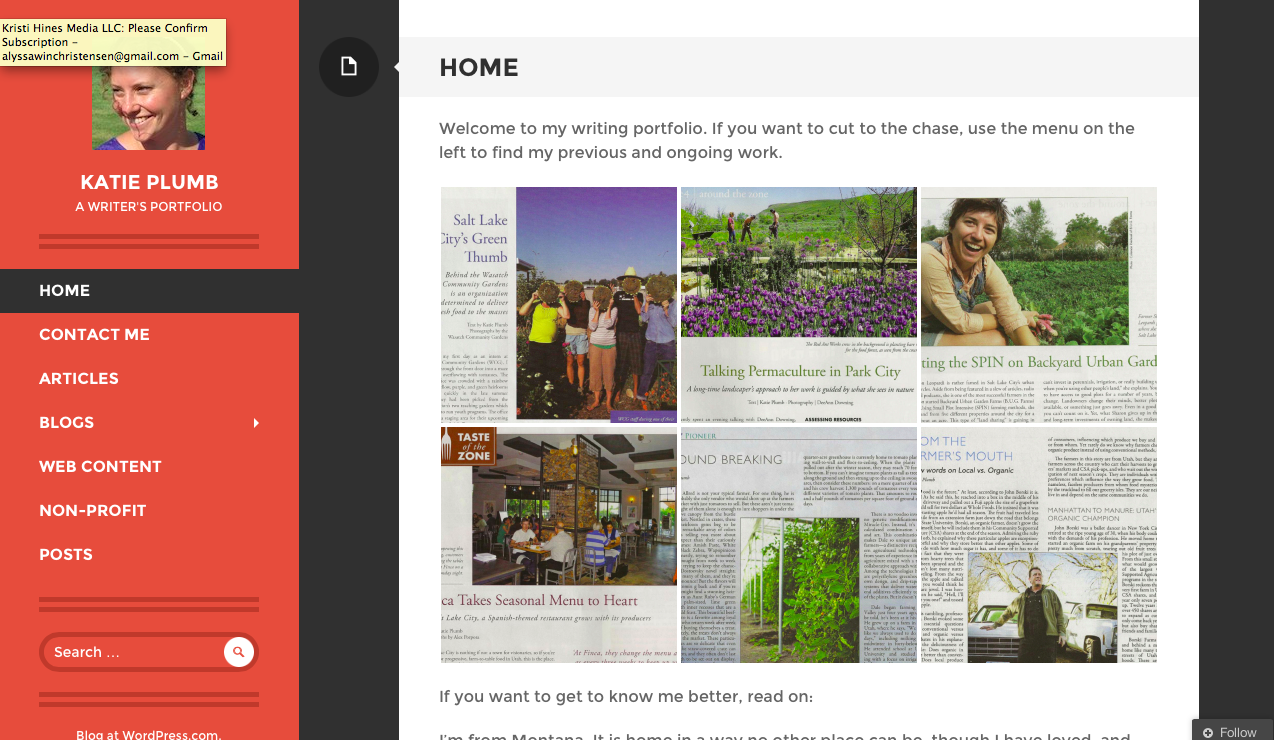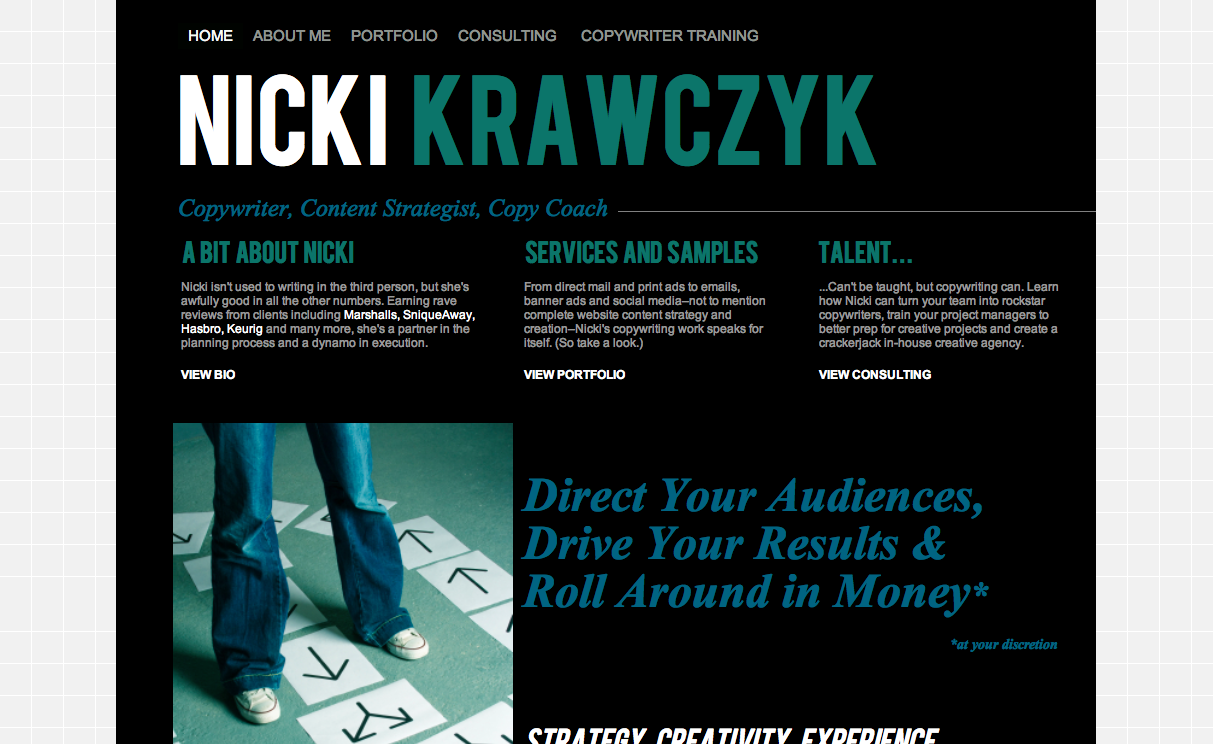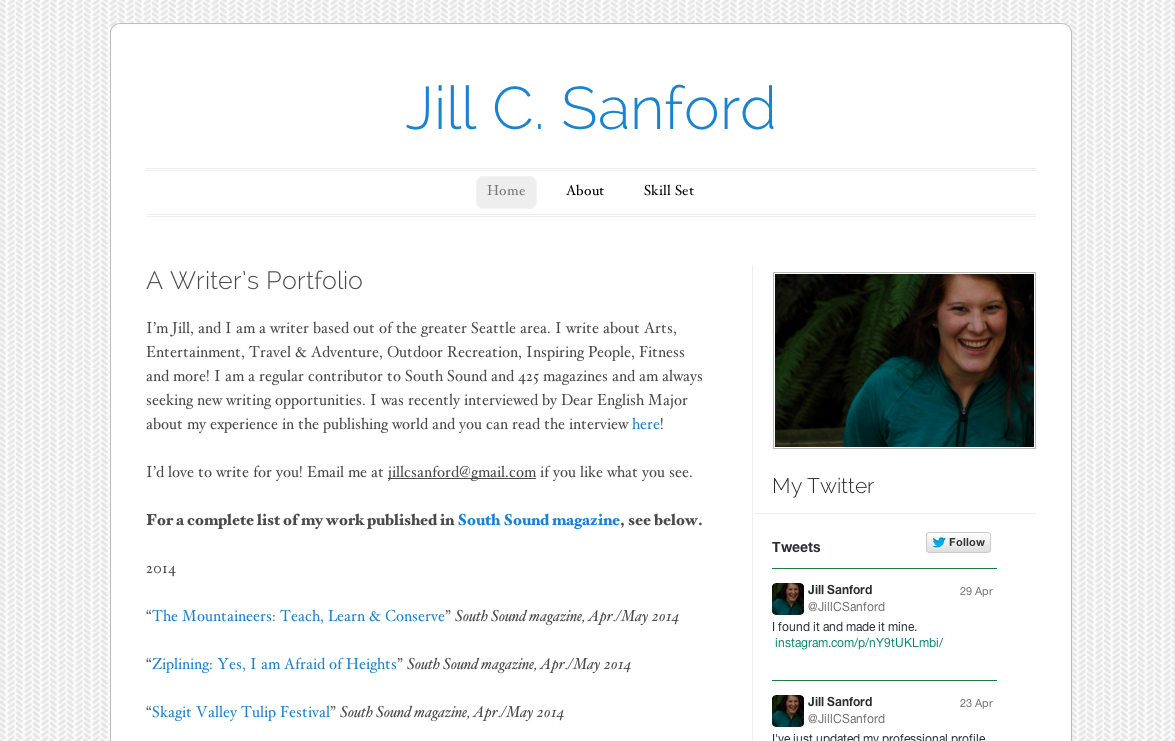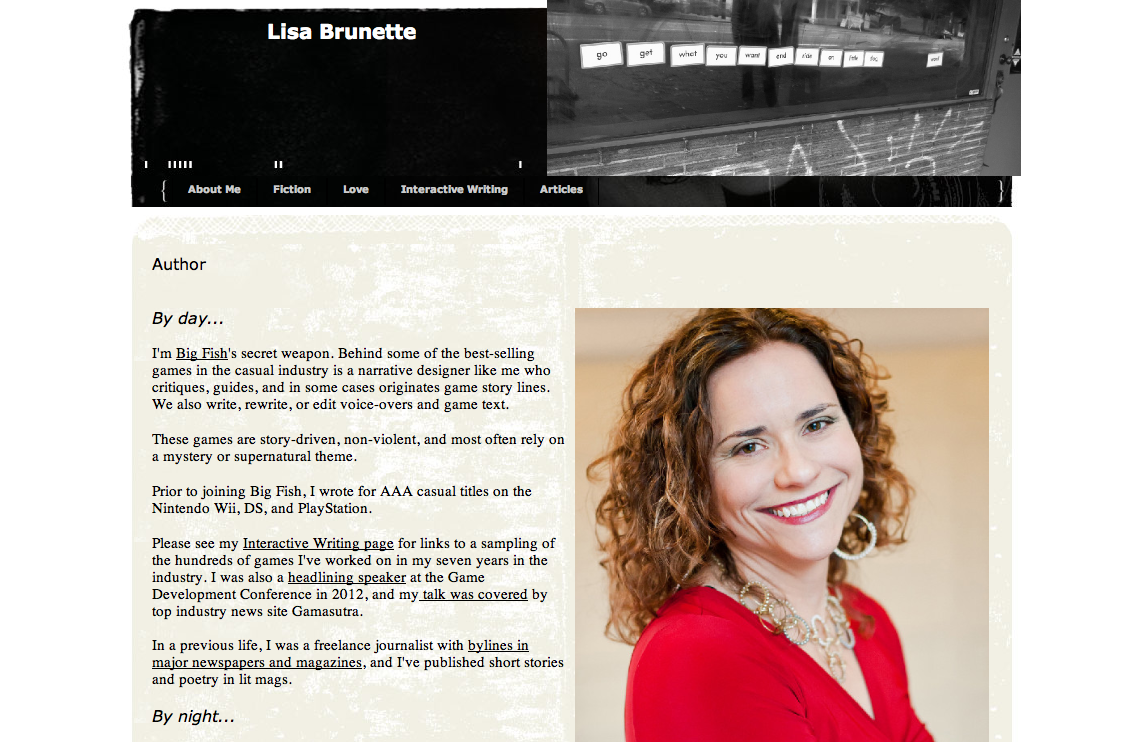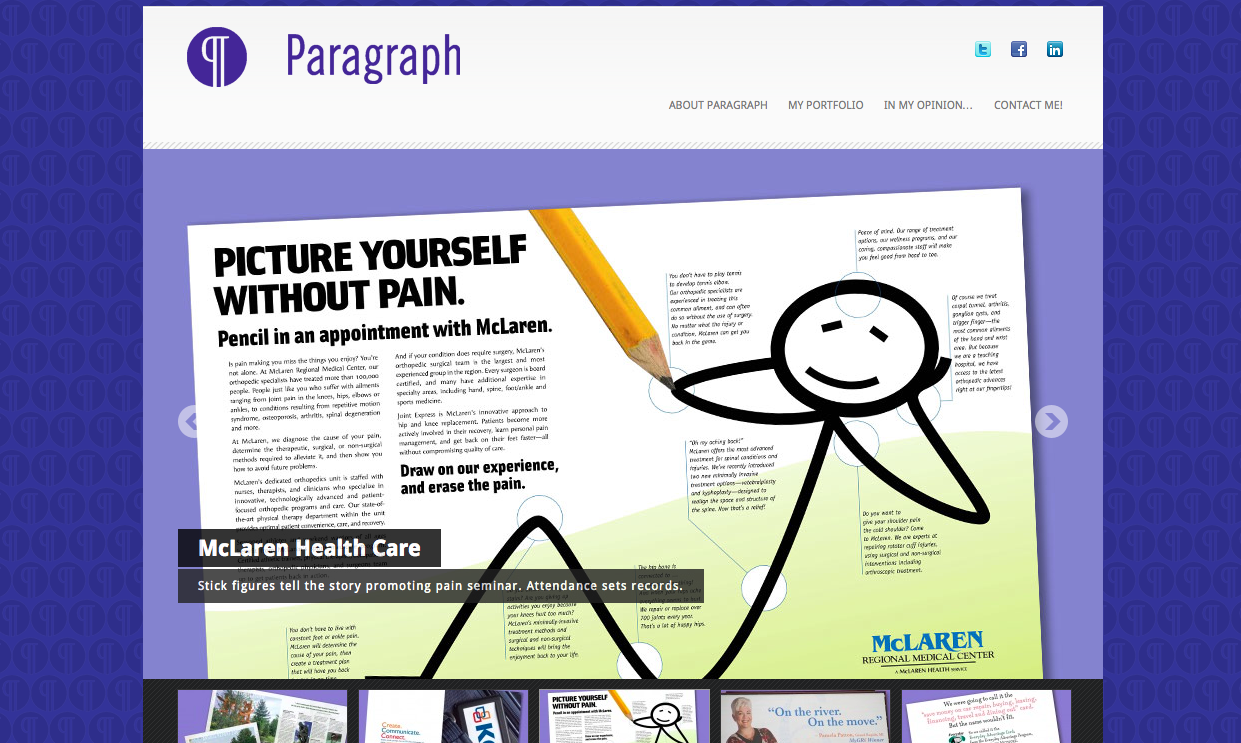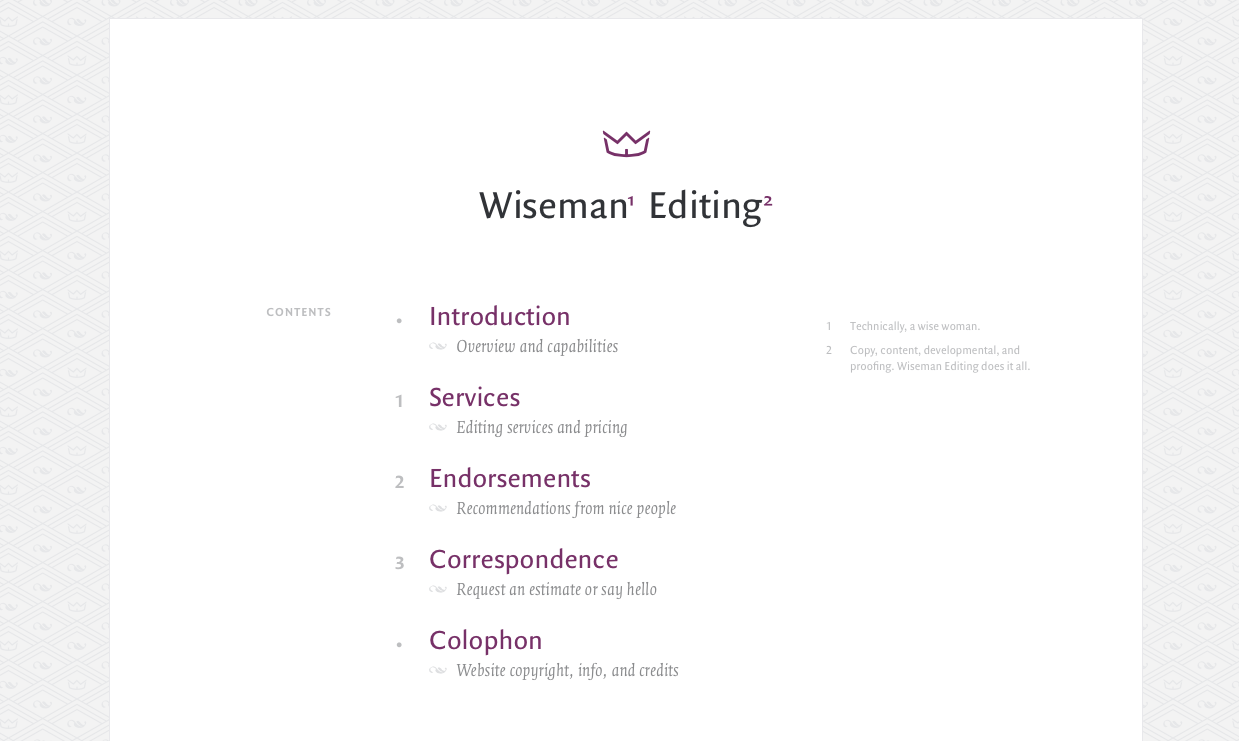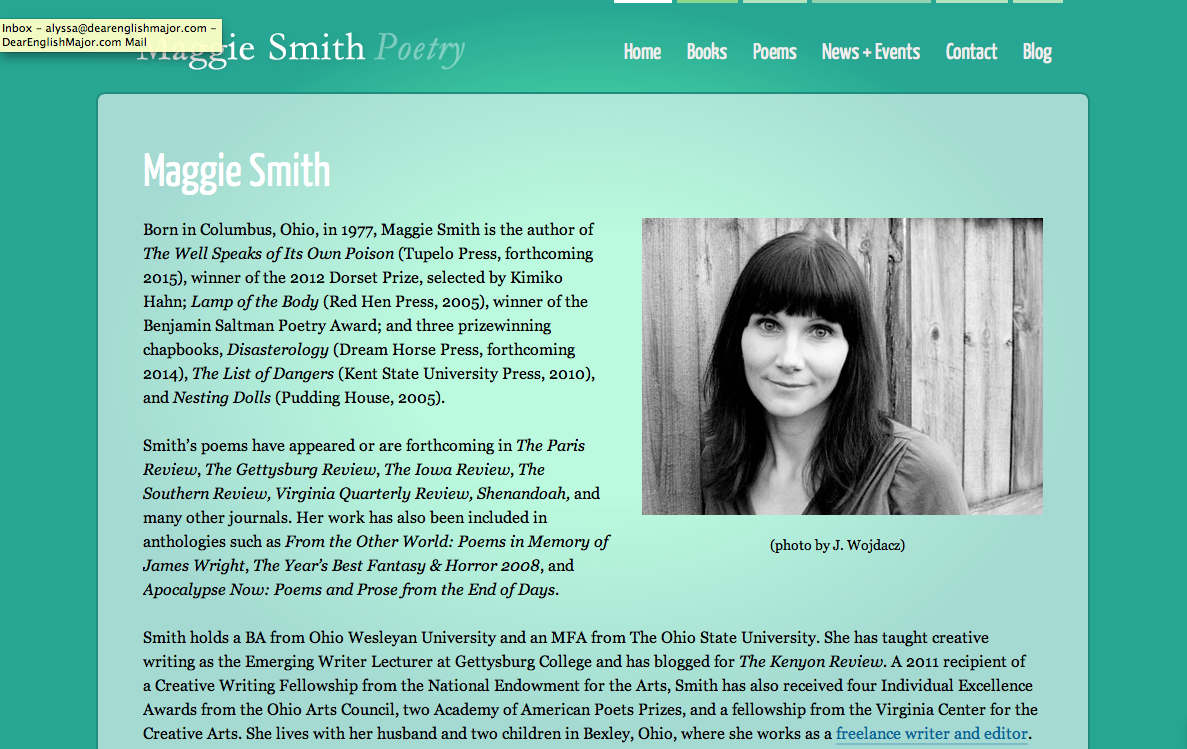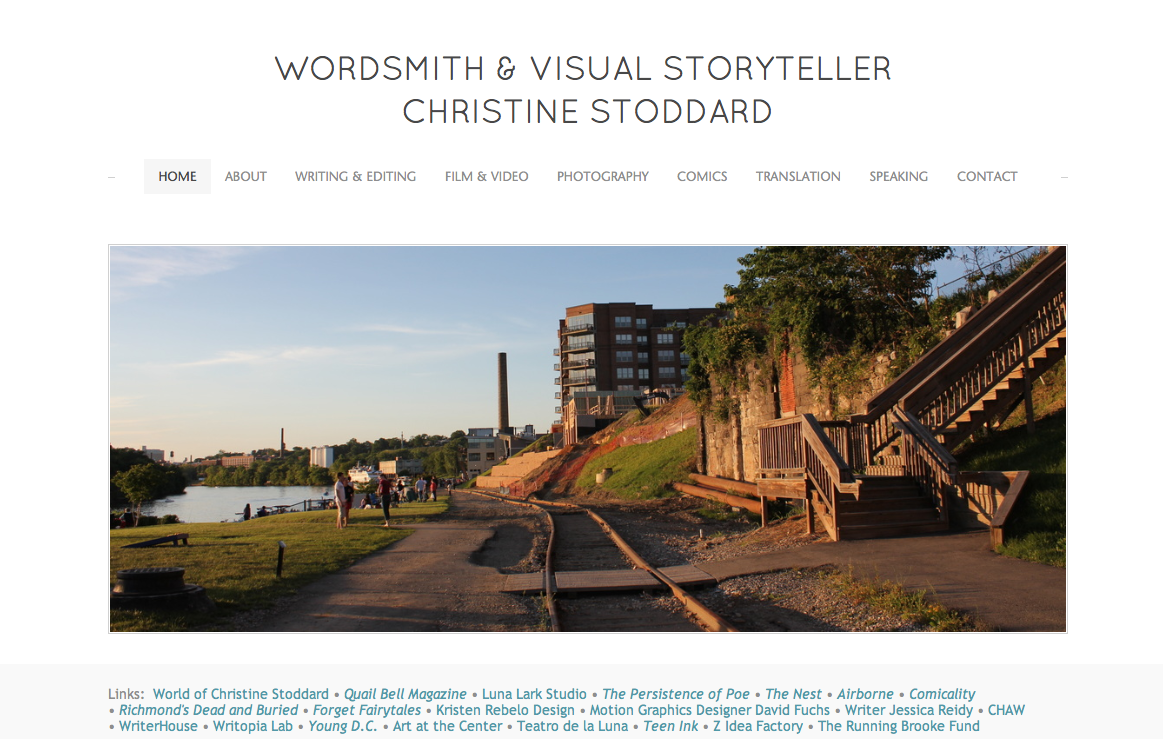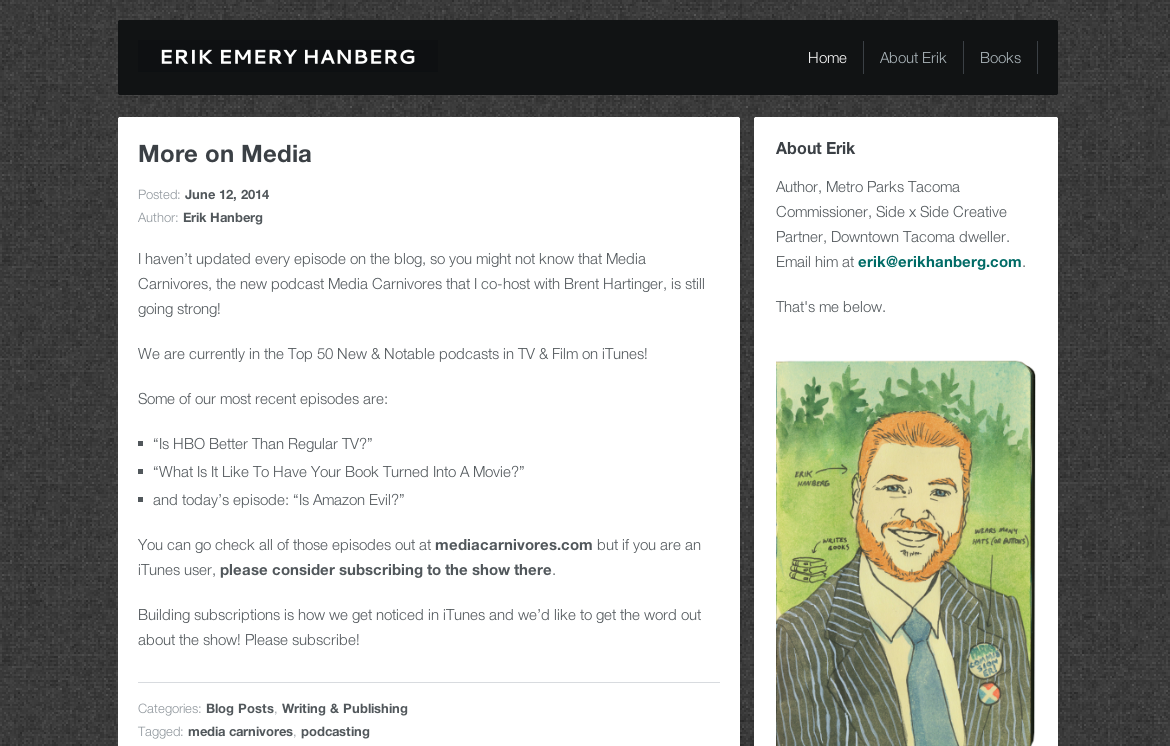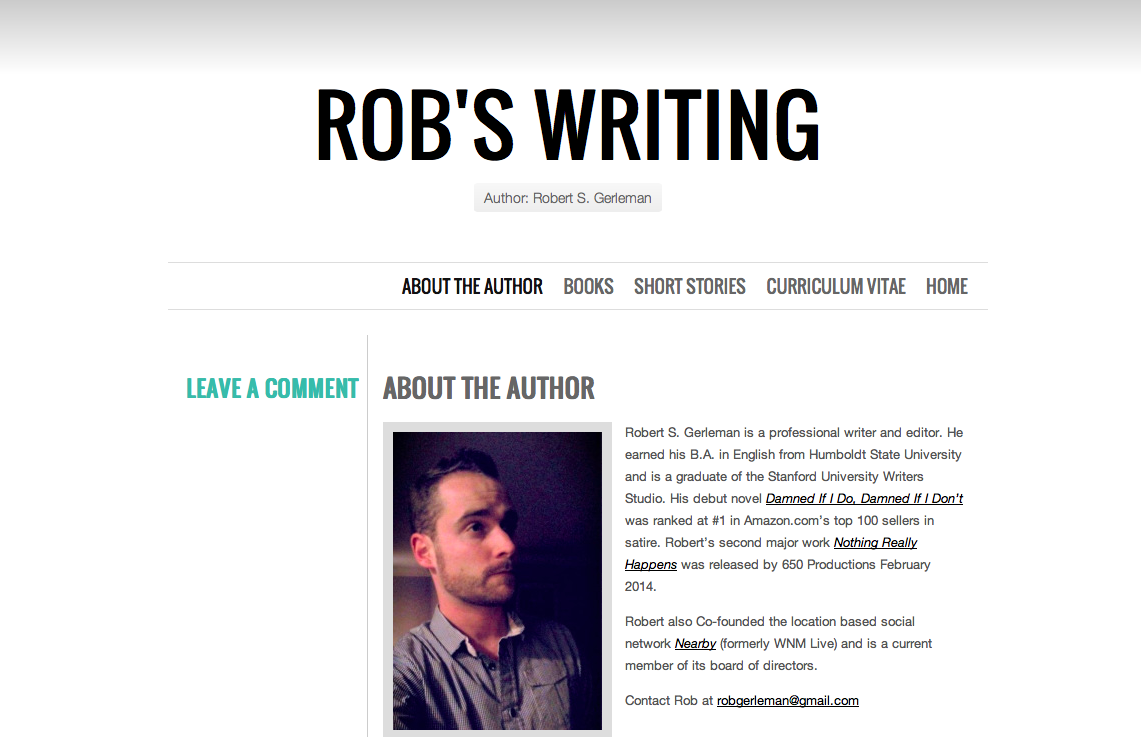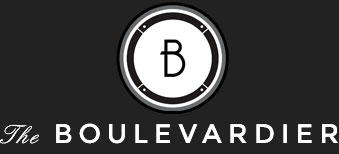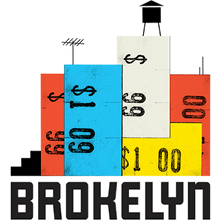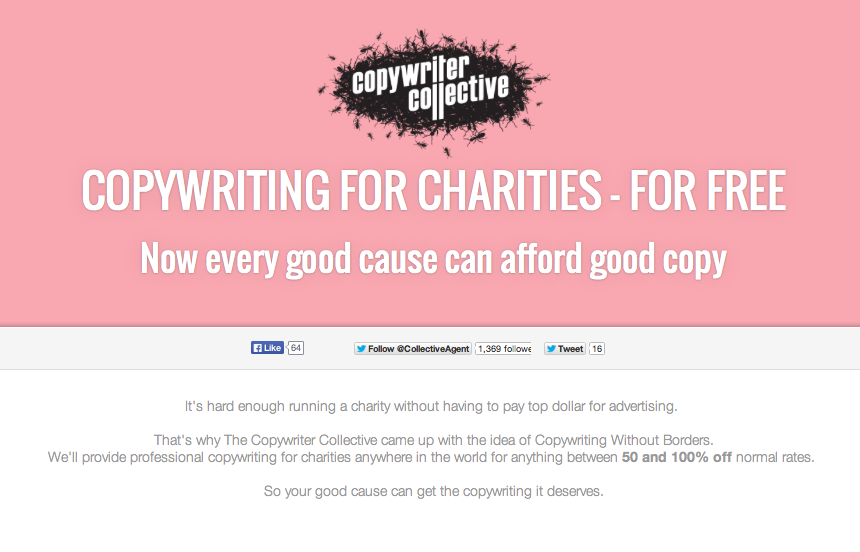Name: Brittany Shelley
Age: 34
College & Majors/Minors: B.S. in Journalism, Minor in English Literature from Florida A&M, Mass Communication - University of Central Florida
Current Location: Orlando, FL
Current Form of Employment: Director of Content Marketing
Where do you work and what is your current position?
When I was in high school and college, the Internet to me was nothing more than an AOL CD, a Geocities web page, and Napster. Back then, my internships and jobs had me writing press releases, designing flyers, putting together PowerPoint presentations, and producing a newsletter using a now obsolete desktop publishing software. Fast-forward to now where I can't survive without my iPhone, I use Google as a verb and the local colleges are offering online journalism as a degree. For almost 10 years I have been immersed in the world of Internet marketing from everything to writing copy for the web, creating and distributing e-newsletters, writing and distributing online press releases, acting as a social media manager, and more. Digital content is my life now and this is coming from a girl who used to think print would never die! (QuarkXpress anyone?)
Tell us about how you found your first job, and how you found your current job.
I found my first job in Internet marketing through an agency. The job I currently have now— well, they found me on monster.com. My writing skills in traditional journalism is what got my foot in the door. I did not have to take any writing or editing tests but my portfolio from college and internships was full of everything from editorials, comprehensive PR plans and desktop publishing projects. My employers were looking for someone with basic writing skills that they could train up to write for the web. It was less competitive back then, because Internet marketing was still relatively new. Now, you need to have an extensive body of digital work under your belt. The interview process was smooth and what helped was the real world experience I had gained over the years.
What was another writing-related job that was important in your career?
Before I got into Internet marketing, I actually worked as an editor for a mystery shopping company. It was my job to clean up surveys and edit them while making sure to stay true to what the original author wrote. It paid peanuts but it taught me to pay attention to detail and enhanced my customer service skills.
What did you do in college to prepare for your post-grad life?
In college I made sure I snagged internships related to my field so not one moment of experience was wasted. My extracurricular activities included the college newspaper, and clubs such as the student PRSSA. I had an internship most semesters and also during the summer. I worked in the public affairs office at my college and I worked for a non-profit organization designing marketing materials. They helped shaped my career because the work and responsibility was real—it was work that was actually going to get used, not just a faux project for me to cut my teeth on.
What is your advice for students and graduates with an English degree?
Always remember to follow your dream and not the money. Do what you love! There's the stereotype that writers don't make a lot of money—and most of us don't starting out—but no matter how low my pay was at one point in my life, I still loved my job because I love to write. I feel blessed that I get to do what I love while earning a great living!












